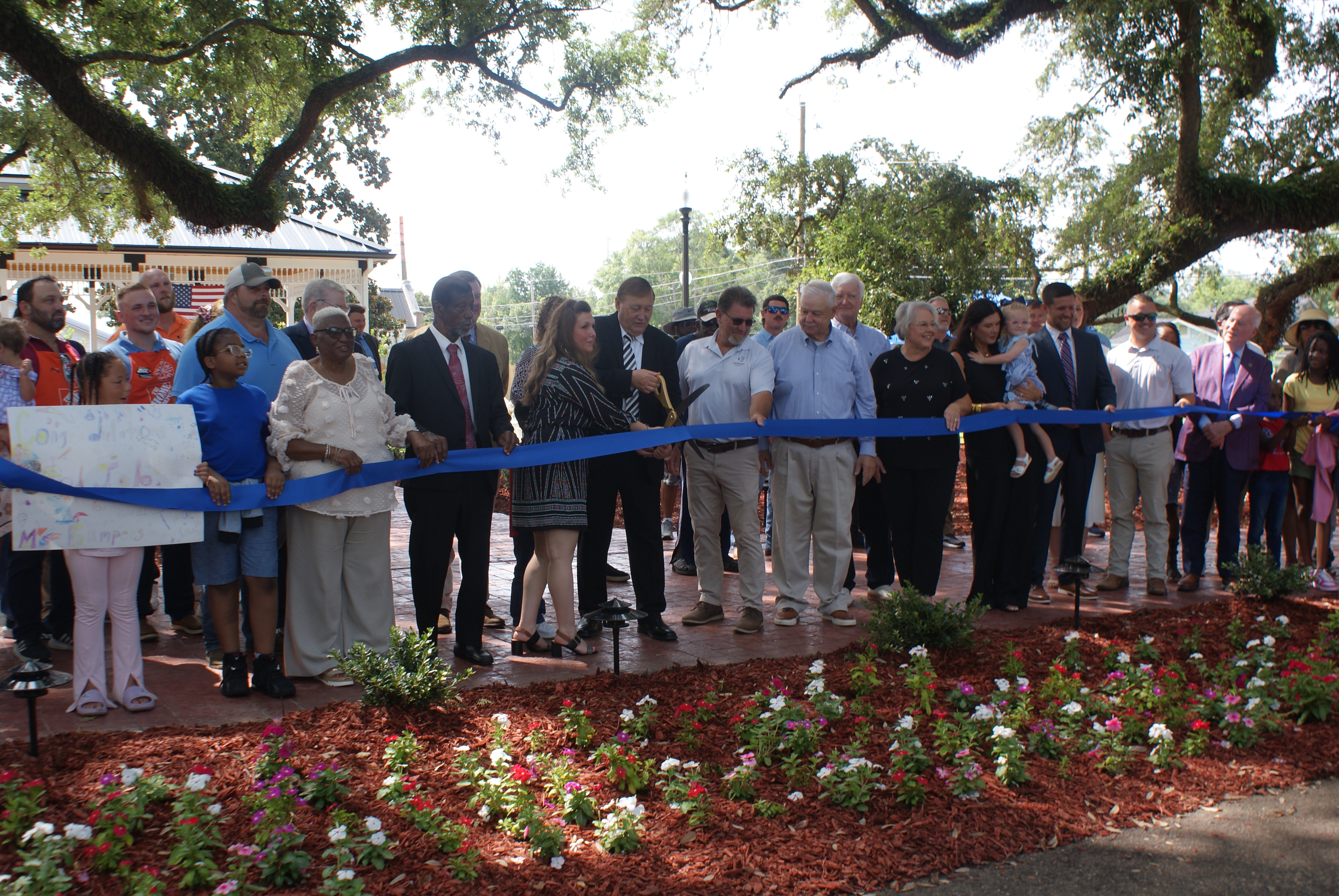Federal appeals court asked to delay Miss. party registration, ID mandate
Published 5:03 pm Friday, November 30, 2007
A federal appeals court has been asked to delay requirements that Mississippi adopt a party registration system and enact a voter identification law in time for the 2009 elections.
The Mississippi Democratic Party, the Mississippi Republican Party, the state of Mississippi and the Mississippi NAACP have filed motions with the 5th U.S. Circuit Court of Appeals in New Orleans asking for a stay while their appeals are pending. No hearing date had been set by the 5th Circuit as of Thursday.
On Nov. 15, U.S. District Judge W. Allen Pepper gave no explanation for his refusal to stay the proceedings until the appeal is heard.
The Mississippi NAACP, in its appeals court filing, said a stay was urgent because “the district court’s order requires the Mississippi Legislature to make fundamental changes to Mississippi’s election law in the coming legislative session, which begins Jan. 8, 2008.”
All of the wrangling comes in a lawsuit the state Democratic Party filed last year seeking to keep nonmembers from voting in its primaries. Some black Democrats have complained that whites sympathetic to Republicans have been voting in the Democratic primaries.
Pepper ruled in June that the state should reregister all voters to allow people to declare themselves as Democrats, Republicans or members of another party. Or, Pepper said, people could register as unaffiliated with any party.
In July, Pepper amended his June order and said Mississippi must restructure its party primary system by Aug. 31, 2008.
Under current law, Mississippians do not declare a party affiliation when they register to vote.
Pepper also ruled that the Legislature should enact a voter identification law.
Pepper said he wants everything in place for the 2009 elections.
Voter ID has been a hotly debated topic for years in the state Legislature. Supporters say requiring voters to show a driver’s license or other identification would prevent election fraud. Opponents say there has been no evidence of people voting under false identities; they also say some older black voters who lived through the violence of the Jim Crow era could be intimidated by an ID requirement.





